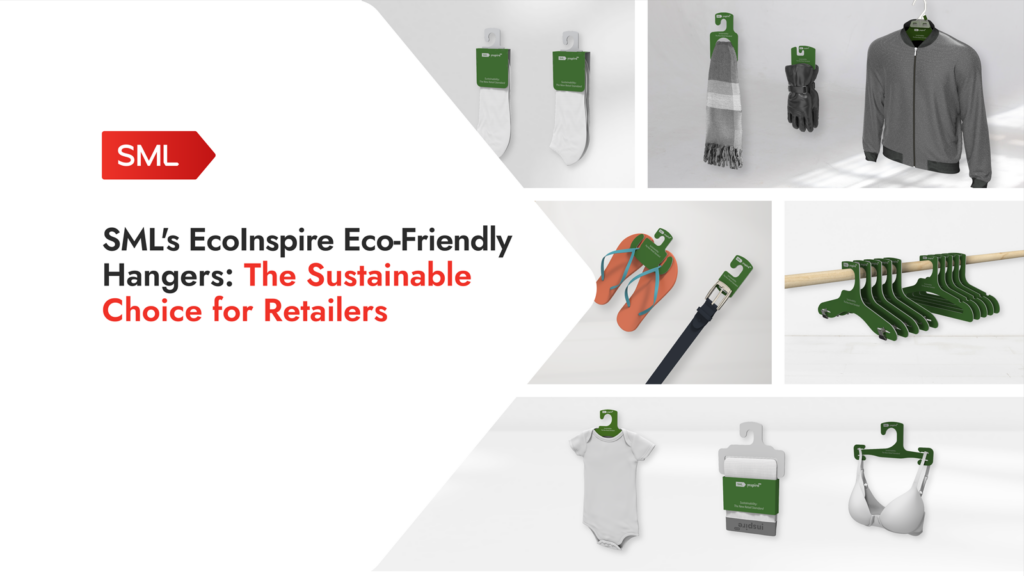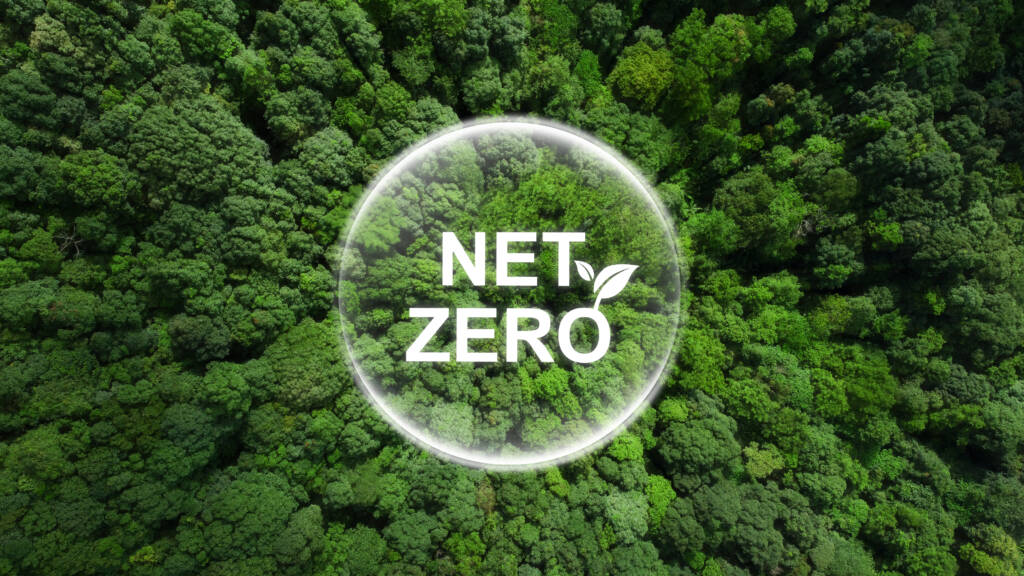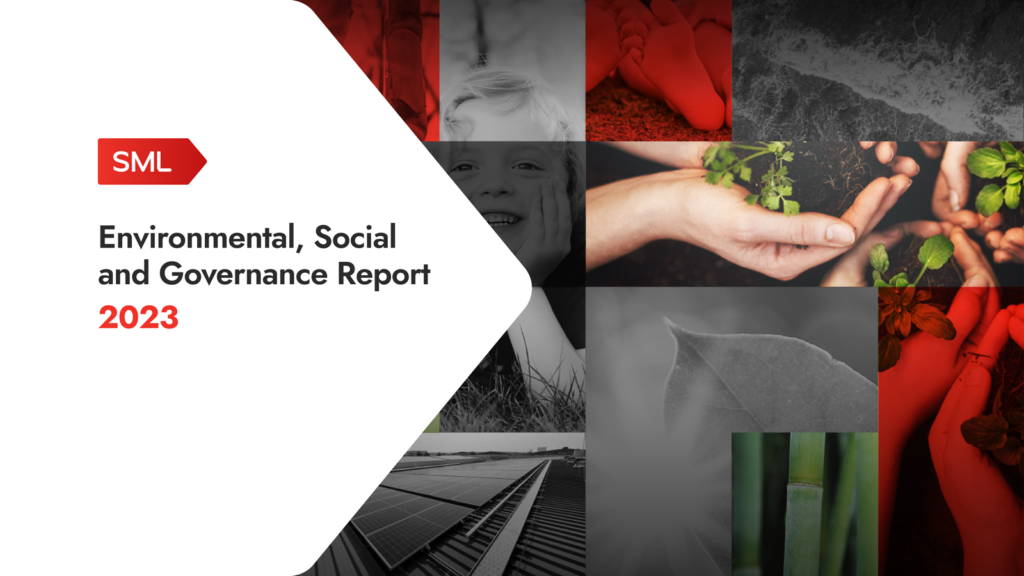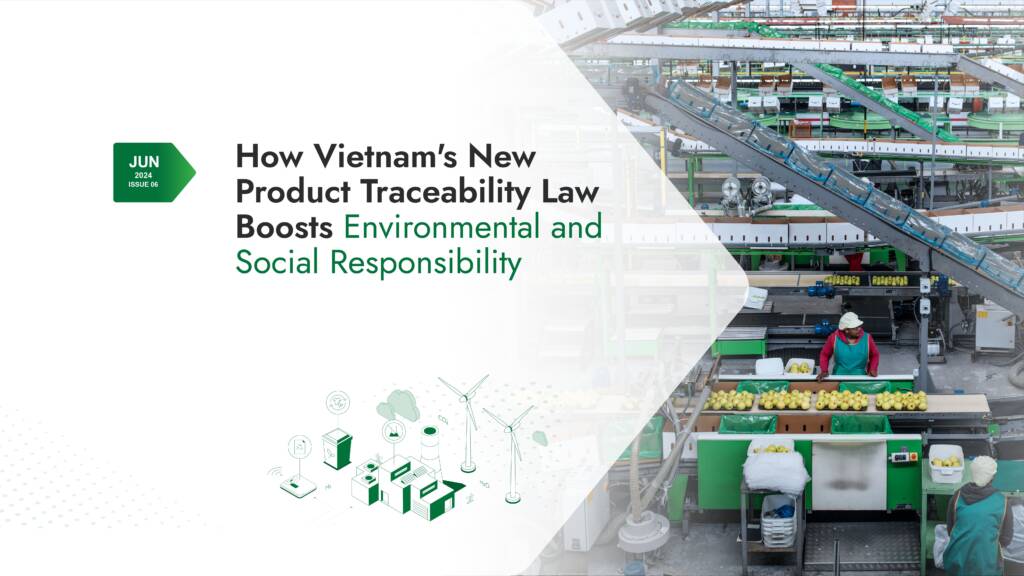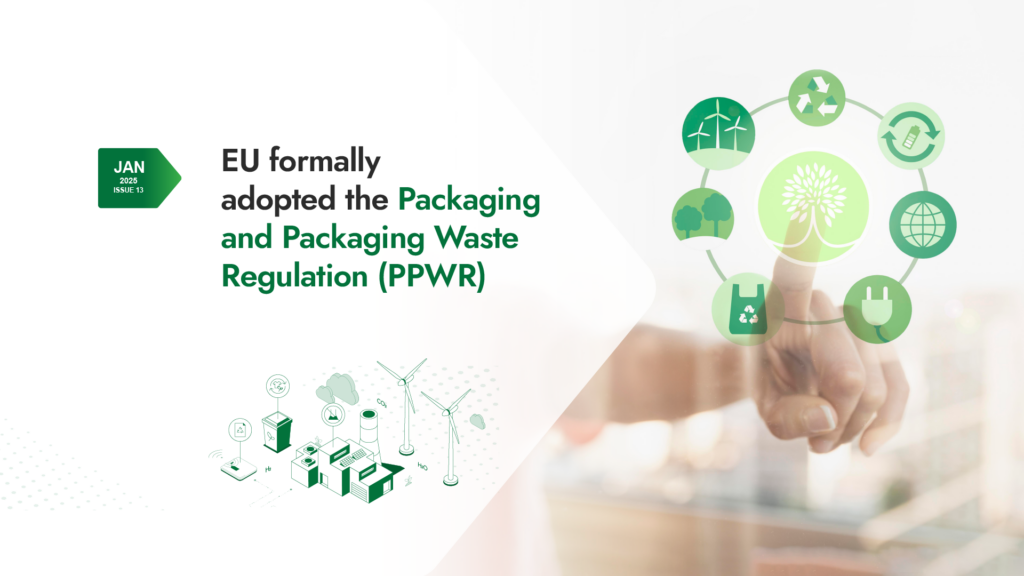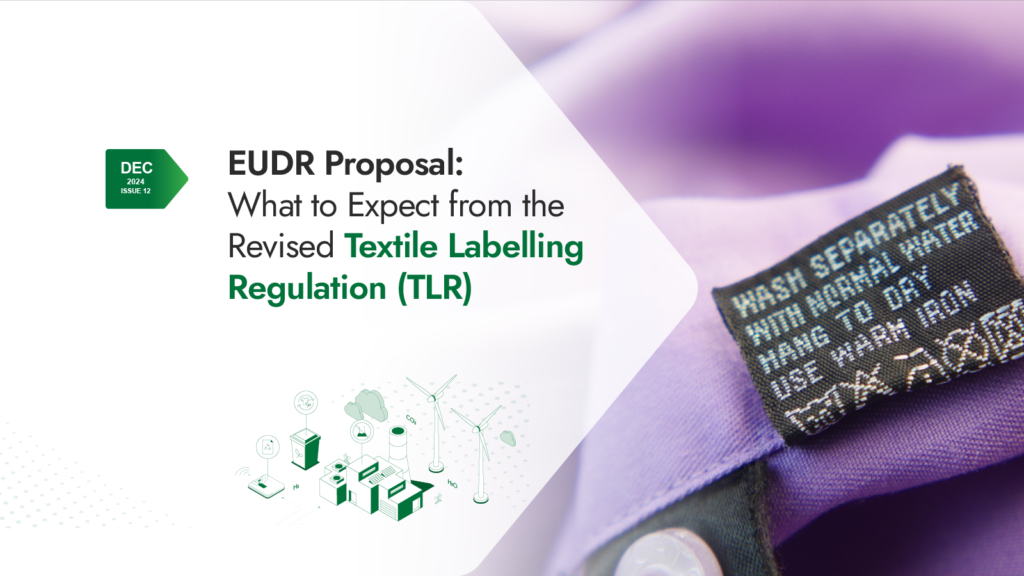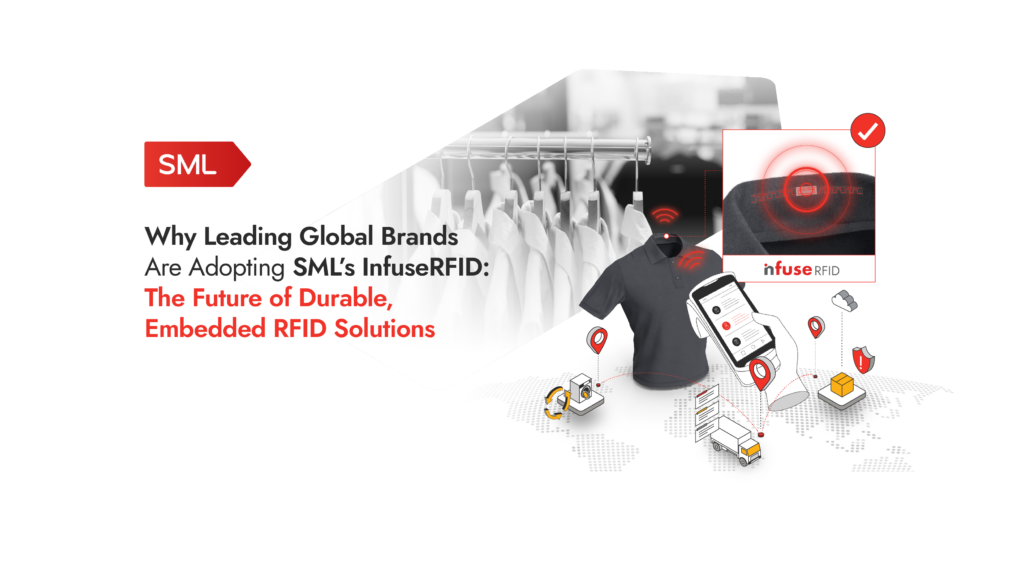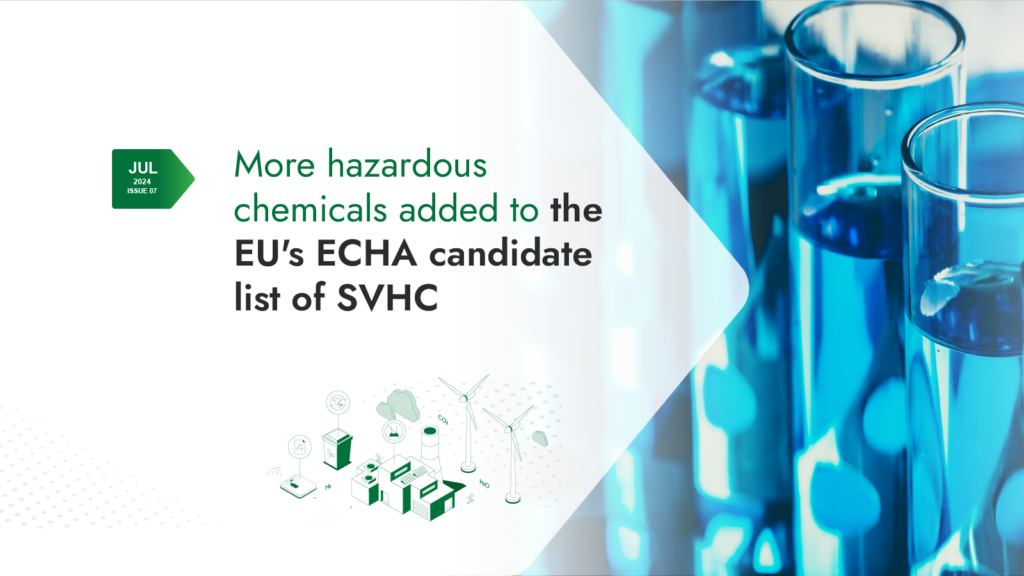Sustainability Insights #08
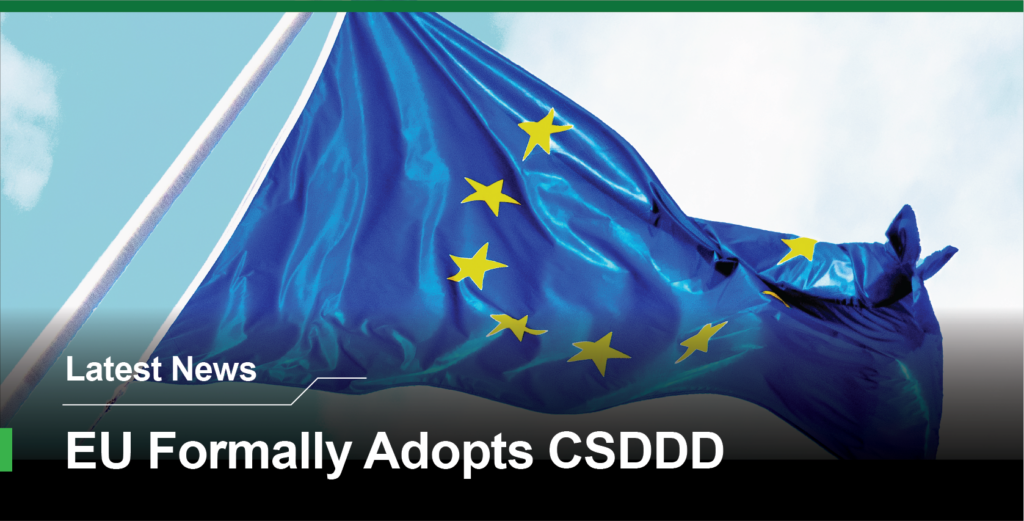
The European Union (EU) has officially adopted the Corporate Sustainability Due Diligence Directive (CSDDD), which has entered into force in July 2024, following amendments that narrowed the scope of its application.
The CSDDD imposes new requirements on in-scope companies:
- Risk-based due diligence: Companies must undertake due diligence to identify, prevent, and mitigate adverse impacts on human rights and the environment throughout their business operations and supply chains.
- Climate transition plan: Companies will be required to adopt and execute a transition plan to mitigate climate change in alignment with the 1.5°C goal.
Businesses should prepare for the CSDDD by developing or assessing their due diligence policies to cover environmental and human rights impacts across their operations and supply chains, and establishing the necessary processes and systems to fulfill the directive’s due diligence and climate transition planning requirements.
Source: ERM

Exaggerated and unsubstantiated green claims, known as ‘greenwashing’, have proliferated in recent years due to growing consumer demand for sustainable products and services. A EU and national authorities’ website screening found that 42% of green online claims were exaggerated, false, or misleading. Such practices undermine the credibility of genuine sustainability efforts.
To address this, the EU has taken decisive action:
Empowering Consumers Directive (ECD): Effective March 2024, the ECD sets strict criteria for using ‘generic environmental claims’ like ‘eco-friendly’ and ‘biodegradable’, aiming to provide consumers with reliable and accurate information.
Green Claims Directive (GCD): The EU has actively proposed amendments to the ‘Green Claims Directive’ (GCD) and adopted its first reading position on 12 March 2024. The GCD aims to introduce a simplified verification mechanism, making it easier for companies to substantiate voluntary environmental claims. It also specifies new rules to ensure reliable and transparent environmental labeling schemes. Notably, the directive categorizes climate claims into contribution and offset types, requiring companies to demonstrate decarbonization progress and offset percentages to prove net-zero targets.
These directives address the specific requirements for all environmental claims, ensuring their substantiation, communication, and verification meet the EU’s and its stakeholders’ expectations.
Canada has also taken a proactive stance, amending the Competition Act in June 2024 to regulate environmental claims in marketing. This amendment, under the ‘Deceptive Marketing Practices’ section, introduces new rules to combat greenwashing:
- Adequate and proper testing is required to claim a product’s benefits for protecting or restoring the environment or mitigating climate change’s environmental, social, and ecological causes or effects (the “benefits”).
- Substantiate the business or business activity’s benefits properly according to the internationally recognized methodology.
- The company must prove the validity of its product/business/business claim instead of relying on the authorities to verify.
These regulatory initiatives aim to tackle deceptive sustainability claims and foster a credible, transparent green transition.
Source:
European Commission (EU) , Government of Canada
Key takeaways:
Decisive regulatory actions in the EU and Canada address the proliferation of exaggerated and unsubstantiated environmental claims, mandating strict criteria, simplified verification, and transparent labeling to foster credible sustainability efforts and consumer trust.

At SML, we are committed in our dedication to utilizing sustainable materials. Our innovative packaging designs incorporate cellulose on polybags and clear stickers.
This cellulose-based design not only enhances the overall packaging aesthetics, but also provides a sustainable, biodegradable alternative that reduces plastic consumption. Our cellulose solutions are sourced from 100% FSC™-certified wood pulp and are certified as biodegradable and compostable.
Beyond our core cellulose offerings, we also offer lamination options using other eco-friendly materials like kraft paper and cellulose. This allows for visually appealing packaging that can showcase products, while still delivering a sustainable solution.
Send us a form or contact your local SML sales rep to learn how our cellulose-based packaging solution helps your business reduce its environmental impact.
What is cellulose?
Cellulose, an abundant biopolymer on Earth, makes up the cell walls of plants and algae. Its unique stiffness property enables diverse applications, including food and film packaging, as well as paper and paperboard production.
The global cellulose film packaging market is poised for substantial growth, projected to reach $853.1 million in valuation by 2024. This market is expected to rise at a CAGR of 4.9% from 2024 to 2034, reflecting the industry’s adaptability in meeting the increasing demand for sustainable and eco-conscious solutions.



